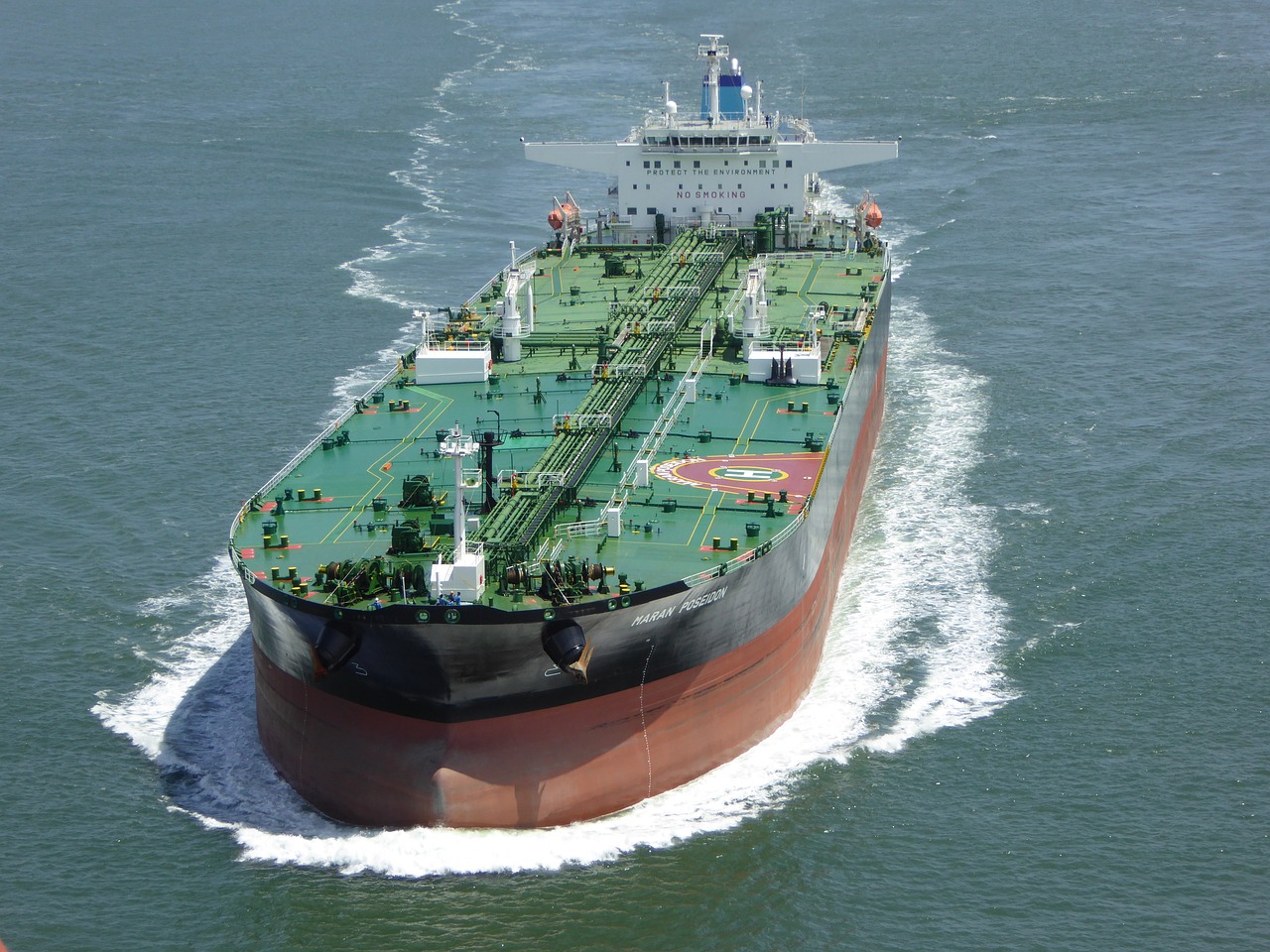
In a twist of events, the oil market is grappling with the aftermath of weeks-long disruptions in the southern Red Sea. With the merchant vessels facing threats, prompting a strategic shift in the shipping landscape and in addition to the global supply chains.
Charters for tankers, vital for transporting crude and fuels, are undergoing a paradigm shift. Shipowners, brokers, and traders are rerouting vessels away from the perilous waters, with some planning routes a month in advance. The recent US and UK airstrikes in Yemen on Jan. 12 have added to the chaos, prompting warnings from western navies to avoid the region. With the Houthis vowing retaliation against commercial fleets of both nations, shipowners are prudently steering clear of a route that typically handles 12% of global seaborne trade.
Alexander Saverys, CEO of Euronav NV, notes a concerning trend, stating, “What looked like something that could be solved within weeks, now could indeed have consequences for many months.”
As a result, tankers designated for fuel cargoes are now charting courses to Asia instead of Europe, causing a surge in earnings. Torm, a Danish tanker owner, reported an uptick in voyages to Asia for transporting refined fuels. Earnings for large tankers, shipping oil products, have soared from $35,000 to $60,000 a day in the past week.
Simultaneously, Iraqi crude shipments are taking detours around Africa instead of the Red Sea route. Despite the longer journey, this strategic move seems cost-effective. Owners are even considering jointly loading smaller cargoes onto larger ships to optimize costs.
The disruption isn’t limited to specific ship types. Container shipping, initially targeted by Houthi attacks, had already shifted course before the airstrikes. Now, more tankers and bulk commodity carriers are following suit.
Crude tanker rates are reflecting the turmoil. Aframax ships, capable of hauling 700,000 barrels, have more than doubled to nearly $80,000 a day since mid-December. Suezmax ships, navigating the canal linking Asia and Europe, have seen a 50% increase to almost $70,000 a day.
As the Red Sea chaos unfolds, the global oil market is steering through uncharted waters, with shipowners adapting to dynamic challenges, reshaping routes and redefining earnings.

